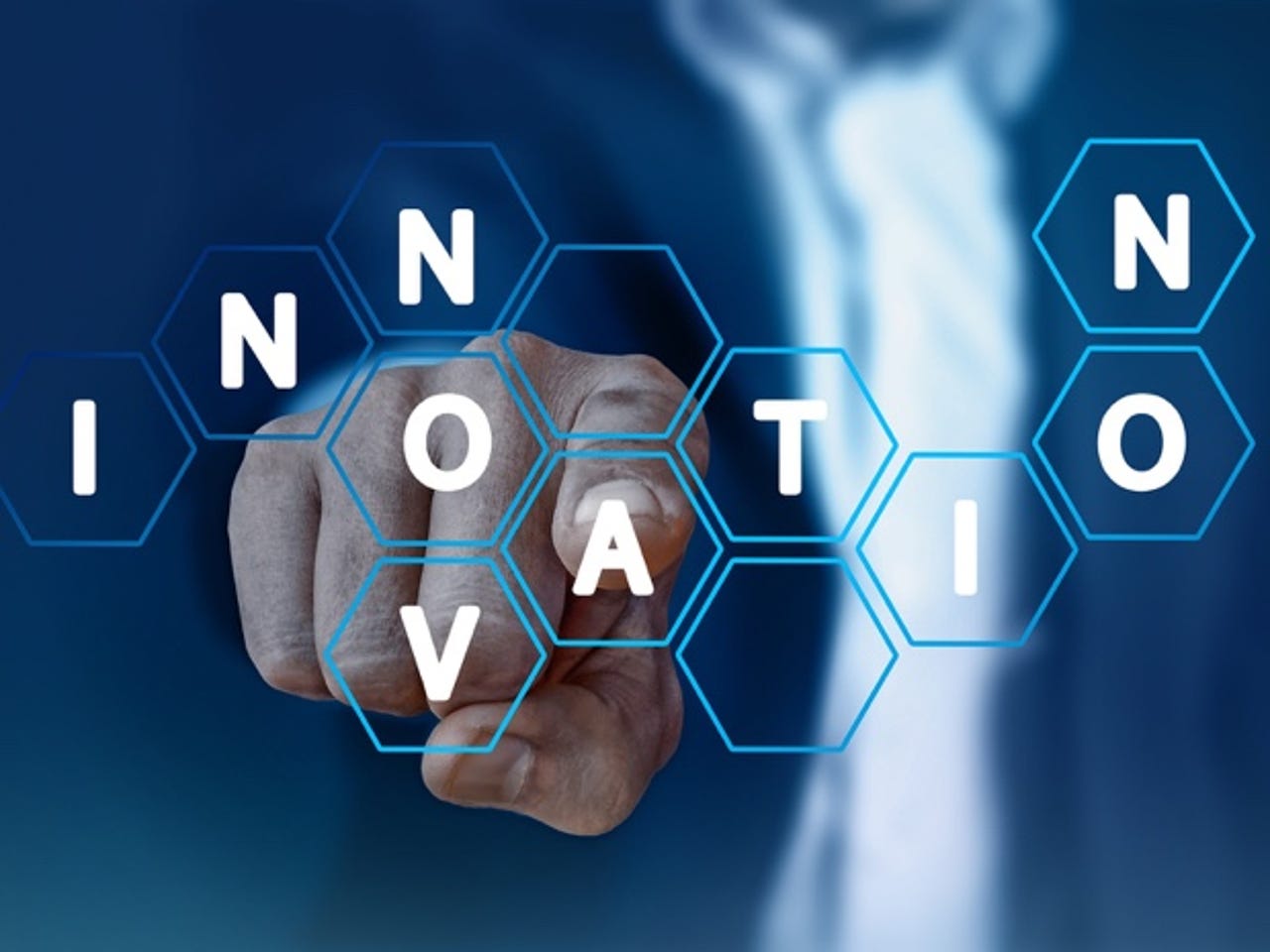Digital Transformation Requires Remote Management Services

The Digital Transformation (DX) of businesses and government is progressing steadily and the benefits to organizations, as well as consumers and citizens, are significant and profound.
While DX is improving lives in many different ways, it also comes with its own challenges. People's reliance on technology for day-to-day living, means the stability of technology infrastructures are of critical importance.
Lives depend on this stability, for example, hospitals that rely on technology to provide emergency healthcare obviously need to stay fully operational at all times. Businesses depend on it for the continuous production of their goods and services. This puts a high demand on organizations that Operate and Maintain (O&M) the technology infrastructure. Often these organizations are understaffed and underfunded, so they constantly look for ways to improve their efficiency.
Anticipate instead of reacting
Many O&M organizations are constantly in "fire-fighting" mode, moving from one critical situation to the next. Technology O&M can often be overlooked as a core competency and can lack the manpower, expertise, and funding to reorganize and upgrade the technology so that it can better withstand disruptions. A solution to this problem can be to hire an external service provider to remotely assist with the O&M. These service providers do have the expertise, tools, processes and manpower to efficiently operate and manage the infrastructure. They can collect statistical data from the network for trend analysis and based on the trends, critical failures can be anticipated and avoided through preventive measures. This reduces the number of incidents, decreases the pressure on the O&M team and improves the business continuity and productivity. It will also enhance the customer experience and improve competitiveness.
Secure your ICT system
While there are many characteristics that define a good Remote Management Service (RMS), there are four that are absolutely critical: Expertise, Collaboration, Insight and Security.
Without the right expertise, it is difficult to provide adequate RMS. Knowledge and experience is needed to quickly interpret data, diagnose the problem and determine the best solution. Often a problem involves different systems from different vendors, requiring the provider to maintain expertise about products and technologies from all those vendors at once. It also requires knowledge about the nature of the customers' business, their preferences, planning, and so on. Providing the best service requires a holistic approach covering all expects of the customer's technology infrastructure.
Because of the complexity of most technology, and the number of products and applications operating together, it is impossible for a single engineer to be the expert across all areas. Collaboration is therefore a critical part of an RMS, ensuring that the right experts, from the right organizations, are involved in solving the critical problems. Tools and processes need to be aligned between organizations to ensure smooth collaboration so that relevant data can easily be shared without breaching any privacy or security laws and regulations.
When trying to analyze a problem, it is essential to have all the right data available. Data analysis is necessary to solve errors but also for performance analysis, change management and risk management. Through the constant collection of information before, during and after an incident, experts are better placed to understand what has happened (root cause analysis) and how to fix it. Without this data, it becomes a guessing game what the problem is, resulting in trial and error to resolve the issue. This significantly extends the time to resolve but it's also frustrating for the business as well as the O&M team as a whole.
Due to numerous public incidents, now more than ever, there is more focus on security to avoid unwanted outside access to user data. Cybersecurity should be one of the main concerns of every RMS provider because a single security breach can cause tremendous problems such as loss of reputation, trust, and revenue.
Industry knowledge
While technical expertise is essential, a deep understanding of the customer's industry is equally important in order to provide the right solutions. Each industry has its own challenges, advantages, regulations, risks, and expectations. Understanding these characteristics, and how a customer is performing and what their ambitions or expectations are, makes it more likely that a solution or service will help them improve and accomplish their end goal. In particular, when providing proactive services, where a solution aims to improve the technology performance, it needs to align with the company strategy and industry trends. Otherwise, the benefits won't match the needs and it will only become a waste of time, money and resources.
Finding the right partner
While there are many RMS providers offering great services, it is important to find the one with the best business and technology alignment. A global business requires a provider that is available 24x7 and has a presence in similar parts of the world. Whereas a local business might prefer a local provider, who speaks the same language and better understands the local regulations, restrictions, and opportunities.
Huawei is a global Remote Management Service provider with years of experience in managed services. Our processes are fine-tuned through many customer engagements around the world and our people are experts in technology and have a deep understanding of the industry. Huawei has developed an elaborate suite of tools that capture and analyze relevant data, which is then used to provide preventive recommendations.
This level of automation is unmatched in the industry and makes Huawei the preferred provider for RMS for many governments and global companies. The services are built on top of a global support organization which provides 24x7 support, spare parts replacement, online services and many other advanced features. Huawei helps customers perform better through OPEX reduction, business continuity, customer satisfaction and revenue growth.
With 25 years of experience, more than 1,000 experts, and over 2,900 partners worldwide, we can help you achieve your target business outcomes. To learn more about Huawei Service, please go to http://e.huawei.com/en/services.